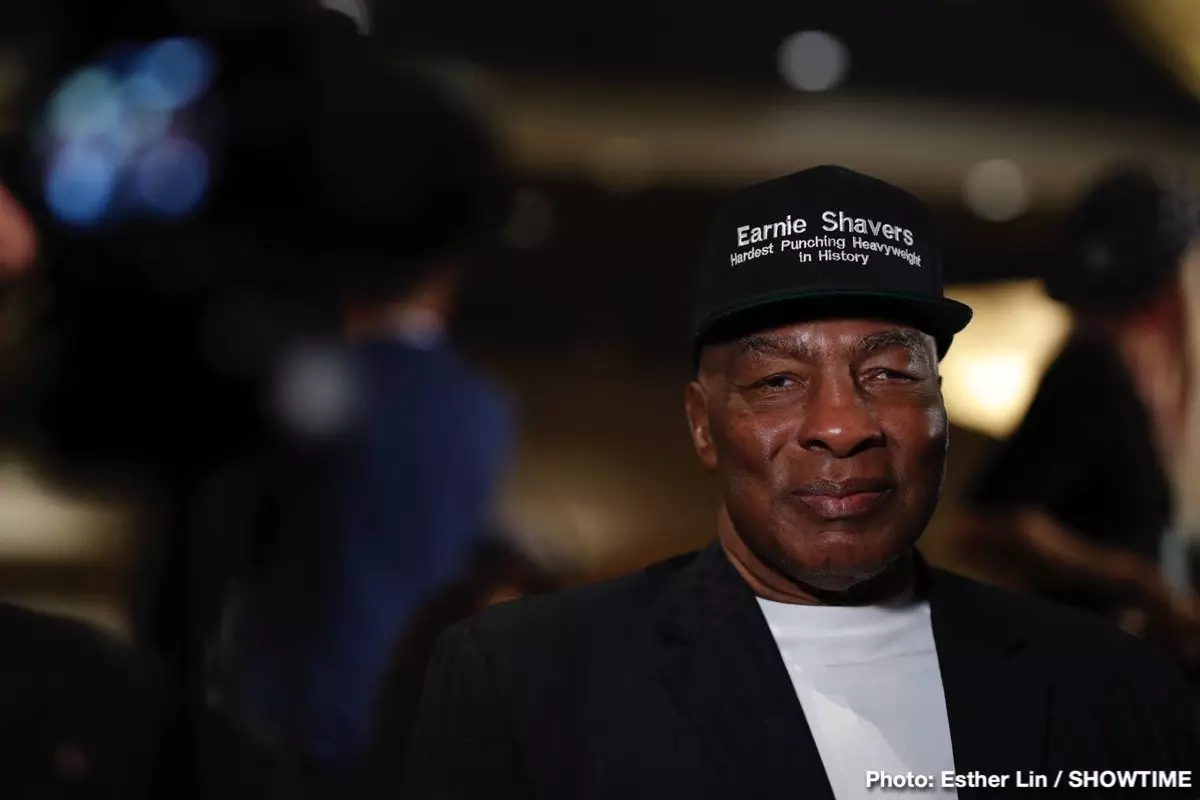Throughout the storied history of boxing, numerous fighters have emerged who, despite their immense talent, seemed perpetually cursed by misfortune. One fighter who epitomizes this tragic narrative is Jimmy Young. Residing in Philadelphia, Young was a boxer of remarkable skill, yet his career is a testament to how the sport’s politics and the fickleness of judging can occasionally overshadow raw talent and determination.
Young’s ascent from a modest amateur career, where he showcased the defensive finesse that would later define his professional style, began with a distinct setback. Winning the New Jersey Golden Gloves as an amateur, he turned pro with a glimmer of potential. However, the ruthless nature of his matchmaking quickly became apparent. In just his sixth professional bout, Young, a mere 22 years old, faced Roy Williams, an opponent with far more experience. Young lost the match, not merely from a lack of talent but as part of an unwarranted gauntlet that would characterize his career.
After initial losses against Randy Neumann and the formidable Earnie Shavers, it became evident that Young’s road to greatness would be riddled with hurdles. His perseverance shone through as he continued to spar with established champions, including Joe Frazier, and eventually pieced together a credible run of victories. The organic rise in his skills resulted in a rematch with Shavers, a fight that should have marked his arrival as a rising star. However, an offensive comeback culminated in another controversial decision—another victim of poor judging.
Young’s predicaments exemplified the sometimes harsh realities of boxing, where innate talent does not always equate to success. His close fights against seasoned opponents left him frequently on the wrong side of a judge’s decision. The infamous bout against Muhammad Ali in April 1976 is perhaps the most glaring example of a so-called ‘robbery’ in Young’s career—his unique fighting style baffled Ali, yet the legendary champion was awarded a unanimous decision. Many believe this fight marked Young’s second major setback and labeled him a solid contender but hardly a champion.
Despite the injustices he suffered in the ring, Young managed to carve out a remarkable legacy. Perhaps the pinnacle of his career came in a bout against the once-feared George Foreman in March 1977. Coming off all the frustrations of past judgments, Young entered the ring with something to prove. Displaying tactical prowess, he survivedstunning rounds to ultimately secure a unanimous decision victory over Foreman—a feat that not only showcased his progress but solidified his reputation as one of boxing’s most underrated talents.
However, while this victory should have propelled Young into heavyweight stardom, the elusive world title remained a distant dream. His subsequent fight against Ken Norton serves as yet another cruel reminder of Young’s misfortunes. If he had emerged victorious in this bout, he might have secured a shot at the heavyweight title that remained just out of reach, leading to a potential clash with Larry Holmes. Such lost opportunities often lead one to speculate how different Young’s trajectory might have been with just a sprinkle of good fortune.
Following his peak years, Young’s career began to decline, marred by a string of losses to other noteworthy opponents and unfortunate injuries. Throughout this phase, it appeared as though the enthusiasm that once radiated from him had been systematically drained—his performances lacked the energy and tenacity that marked his earlier bouts. A notable encounter saw him face the punishing Gerry Cooney, where Young was halted in the fourth due to severe cuts—a grim ending for a once-promising fighter.
Although he continued boxing until 1990, his final record of 35-18-3 (11) doesn’t fully encapsulate the greatness that lay within him. A disheartened figure, Young faced difficult transitions after life in the ring, even ending up on the streets at times. That poignant moment when heavyweight champion Mike Tyson recognized him, offering cash directly, underscores the tragic yet relatable nature of his journey; a once-celebrated athlete left facing obscurity.
Jimmy Young’s story serves as a critical lens through which one can view the complexities of boxing—a sport where talent does not always guarantee recognition or success. He embodies the perseverance and struggle faced by too many athletes in combat sports. As fans continue to remember Young, his legacy might serve as a cautionary tale that sheds light on the need for fairer judging and increased appreciation for fighters who, despite their shortcomings, demonstrate enormous heart and skill inside the ring. Had he been competing today, one wonders how Young would have fared against modern heavyweights like Oleksandr Usyk and Tyson Fury. Ultimately, Jimmy Young remains an unrecognized genius, a fighter who, perhaps more than many, truly deserved a break.


Leave a Reply